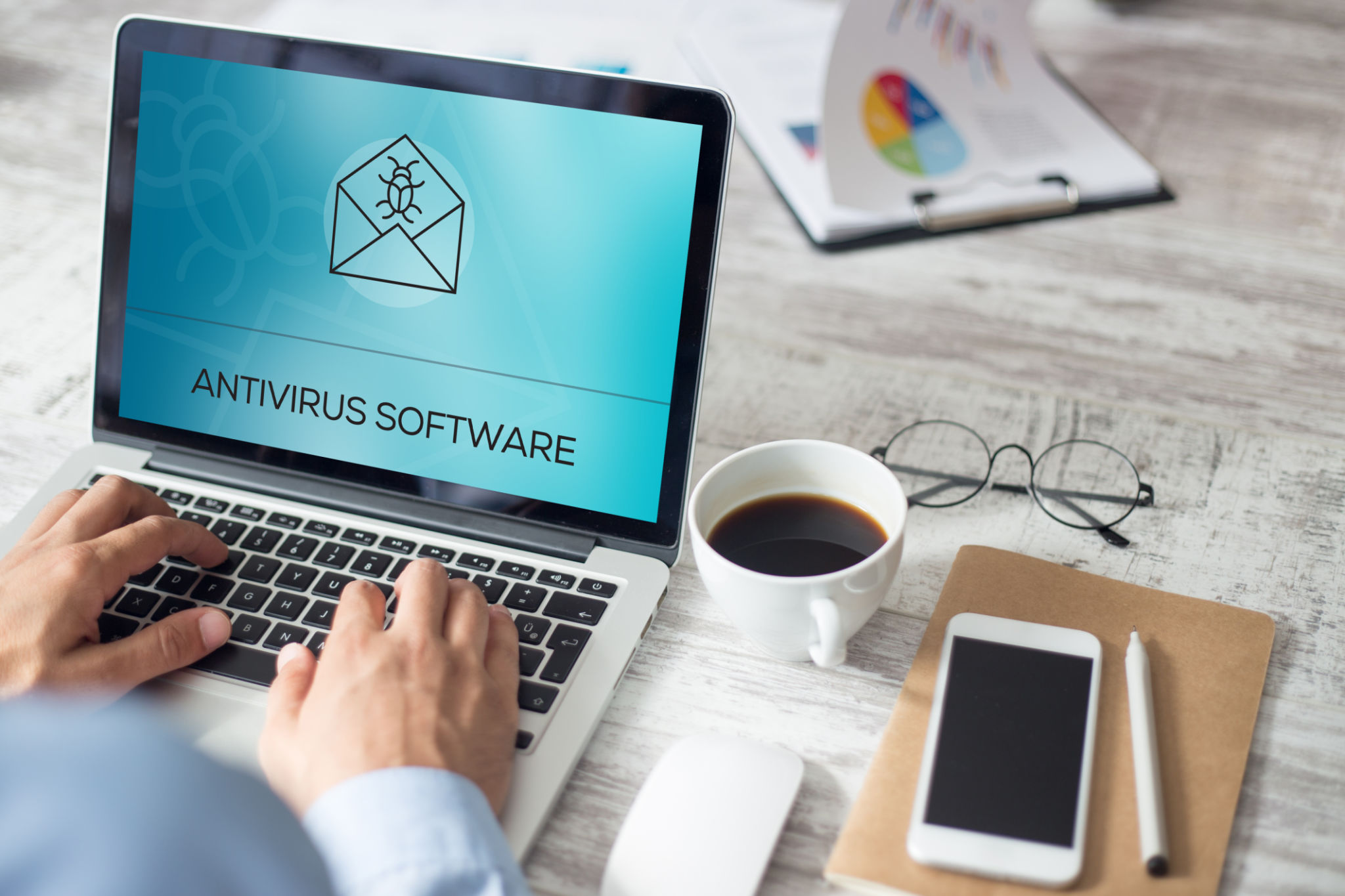Top Cybersecurity Myths Debunked: What Every Business Should Know
AT
Understanding Cybersecurity Myths
In a world where digital threats are ever-evolving, businesses must stay informed about cybersecurity. Unfortunately, many myths persist, leading to misconceptions that can leave organizations vulnerable. Let's debunk some of the most common cybersecurity myths to better protect your business.

Myth 1: Small Businesses Aren't Targeted
One pervasive myth is that cybercriminals only target large corporations. In reality, small businesses are often more vulnerable because they may lack robust security measures. Hackers view small businesses as easy targets, making it crucial for these entities to prioritize cybersecurity.
According to recent statistics, about 43% of cyber-attacks are aimed at small businesses. This highlights the importance of implementing strong security protocols regardless of your company's size.
Myth 2: Antivirus Software is Enough
Another common myth is that having antivirus software is sufficient to protect against cyber threats. While antivirus programs are essential, they are just one component of a comprehensive security strategy. Businesses need a multi-layered approach that includes firewalls, intrusion detection systems, and regular security audits.

It's also important to regularly update all software and systems. Cybercriminals often exploit vulnerabilities in outdated software, so timely updates are critical in safeguarding your business.
Myth 3: Cybersecurity is Solely the IT Department's Responsibility
Many assume that cybersecurity falls solely under the purview of the IT department. The truth is, cybersecurity is everyone's responsibility. Employees at all levels must be educated on best practices and potential threats. Regular training sessions can help foster a culture of security awareness within the organization.
Creating a cybersecurity policy and ensuring that it is followed by all employees is essential. This policy should include guidelines on password management, identifying phishing scams, and proper data handling techniques.

Myth 4: Strong Passwords Alone Will Protect You
While strong passwords are a key component of cybersecurity, relying on them alone can be risky. Implementing multi-factor authentication (MFA) adds an extra layer of security by requiring additional verification methods beyond just a password.
MFA significantly reduces the risk of unauthorized access, even if passwords are compromised. Encourage employees to use MFA wherever possible to enhance security measures.
Conclusion: Prioritizing Cybersecurity
Debunking these myths is crucial for businesses aiming to strengthen their cybersecurity posture. By understanding and addressing these misconceptions, companies can better protect themselves against cyber threats.
Remember, cybersecurity is an ongoing process that requires vigilance and continuous improvement. Stay informed, educate your team, and invest in robust security measures to safeguard your business in the digital age.
